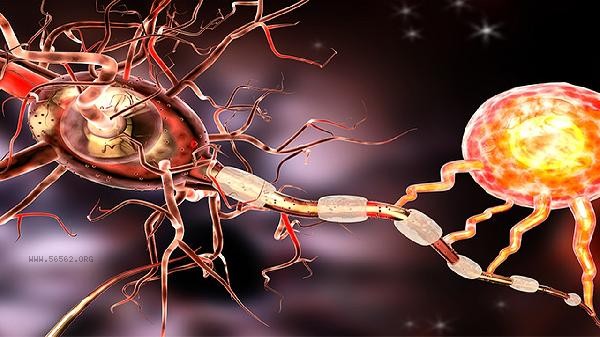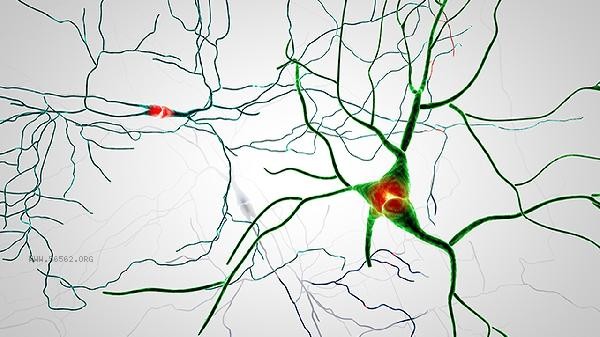A high neutrophil count usually indicates bacterial infection, which may be related to respiratory tract infections, urinary system infections, skin and soft tissue infections, gastrointestinal infections, sepsis, and other factors.
1. Respiratory tract infection:

Elevated neutrophils are common in respiratory tract infections such as acute bacterial tonsillitis and pneumonia. This type of infection is often accompanied by symptoms such as fever, cough, and purulent sputum. In addition to an increase in neutrophils, blood routine tests often show an increase in the total number of white blood cells. Streptococcus and pneumococcus are common pathogenic bacteria that need to be identified through sputum culture and other examinations.
2. Urinary tract infections:
Urinary tract bacterial infections such as pyelonephritis and cystitis can lead to an increase in absolute neutrophil count. Patients may experience bladder irritation symptoms such as frequent urination, urgency, and pain during urination, with severe cases accompanied by lower back pain and fever. Urine routine examination shows positive white blood cell esterase, and urine culture can detect pathogenic bacteria such as Escherichia coli.
3. Skin and soft tissue infections:

Purulent skin infections such as boils and cellulitis can cause an increase in neutrophil reactivity. Localized manifestations include redness, swelling, heat, and pain, and in severe cases, abscesses may form. Staphylococcus aureus is the main pathogen, so we should be alert to the risk of infection spread in patients with basic diseases such as diabetes. 4. Digestive tract infections: Acute bacterial enteritis, appendicitis, and other digestive system infections can lead to an increase in the proportion of neutrophils. Often accompanied by symptoms such as abdominal pain, diarrhea, and vomiting, severe appendicitis may exhibit left shift of neutrophil nuclei. Shigella and Salmonella are common intestinal pathogens. Sepsis: Sepsis caused by severe bacterial infection can result in a significant increase in neutrophils and left shift of the nucleus. Patients often present with systemic toxic symptoms such as chills, high fever, shortness of breath, and changes in consciousness. A positive blood culture can confirm the diagnosis. Be alert to primary infection foci such as suppurative cholangitis and infective endocarditis. When neutrophils are found to be elevated, the infection site should be comprehensively judged based on clinical symptoms. It is recommended to improve the detection of inflammatory indicators such as C-reactive protein and procalcitonin. It is necessary to maintain sufficient rest in daily life, drink more water to promote metabolism, and avoid overexertion. A light and easily digestible diet is recommended, with moderate supplementation of vitamin C to enhance immunity. If accompanied by persistent fever or localized suppurative lesions, timely medical attention should be sought for pathogen examination and targeted anti infective treatment. Regularly reviewing blood routine and dynamically observing the trend of neutrophil changes is of great significance for judging the treatment effect.










Comments (0)
Leave a Comment
No comments yet
Be the first to share your thoughts!